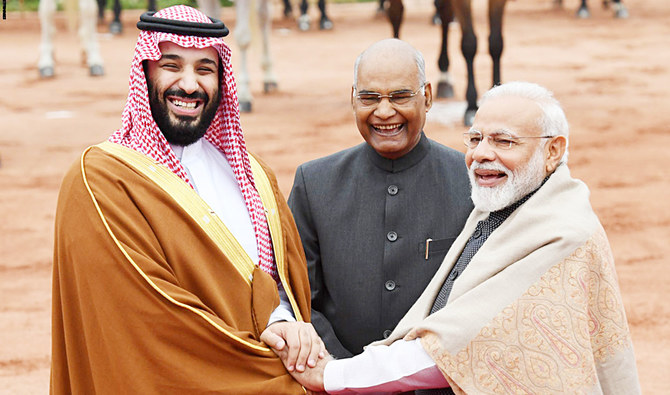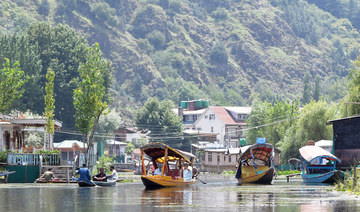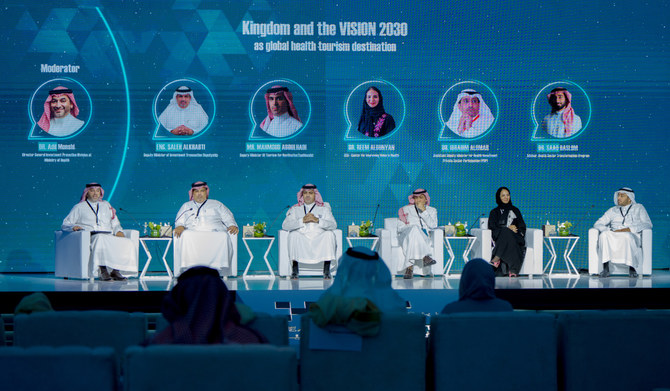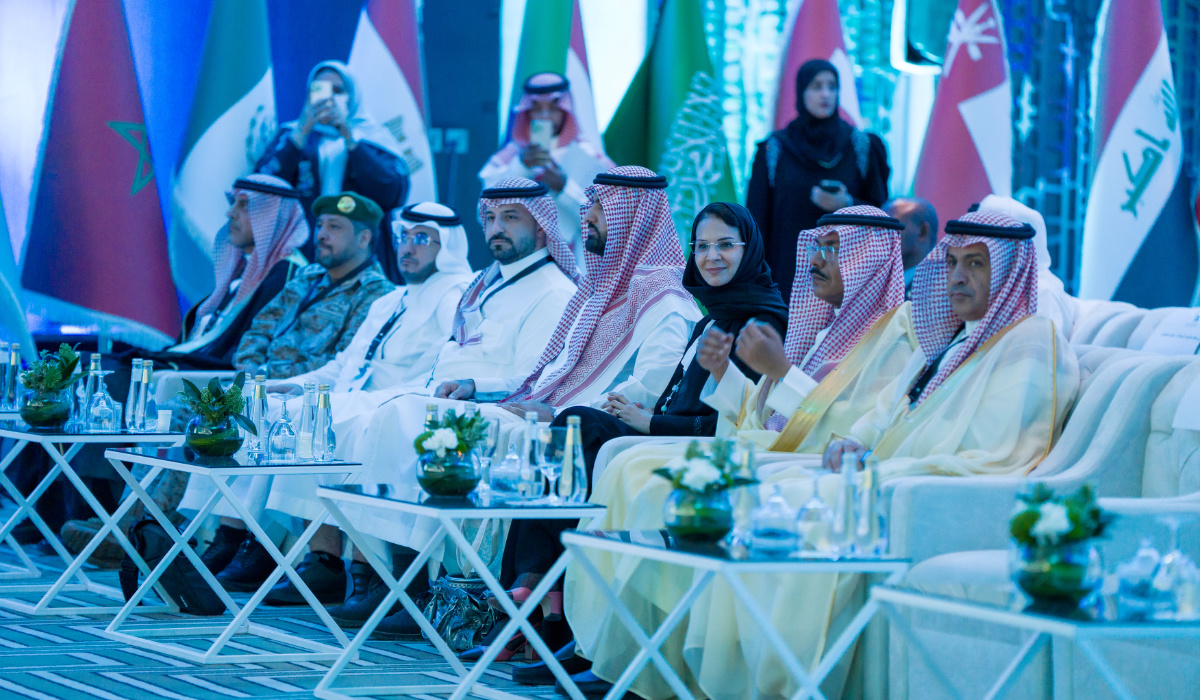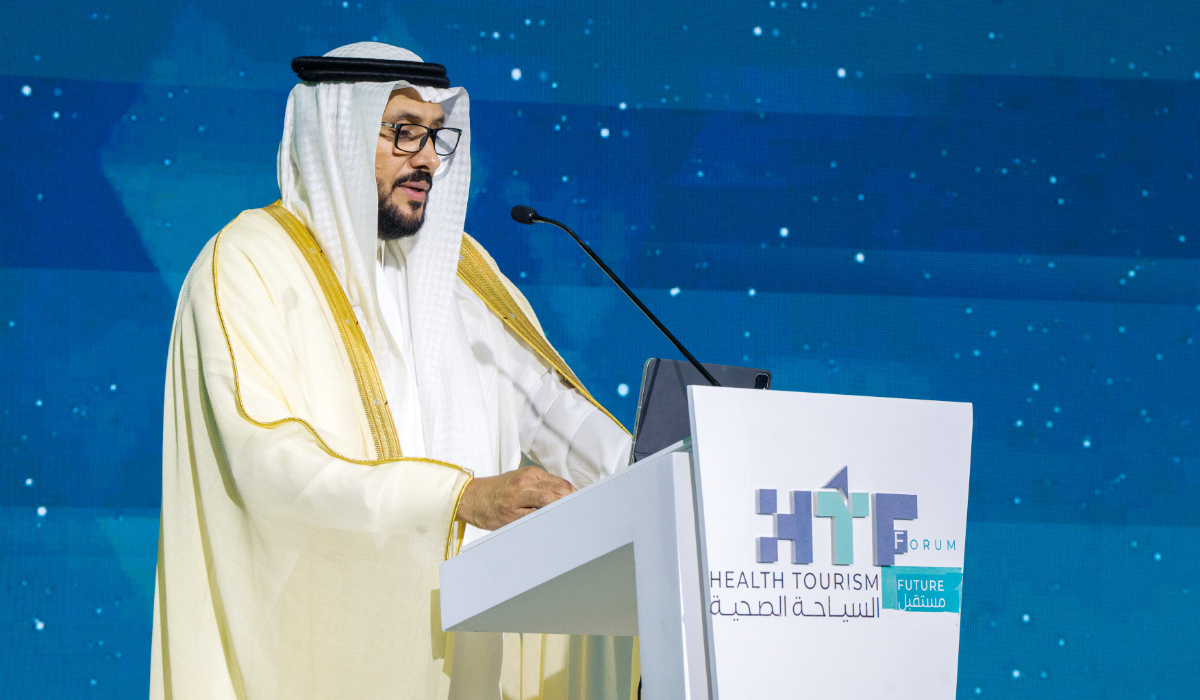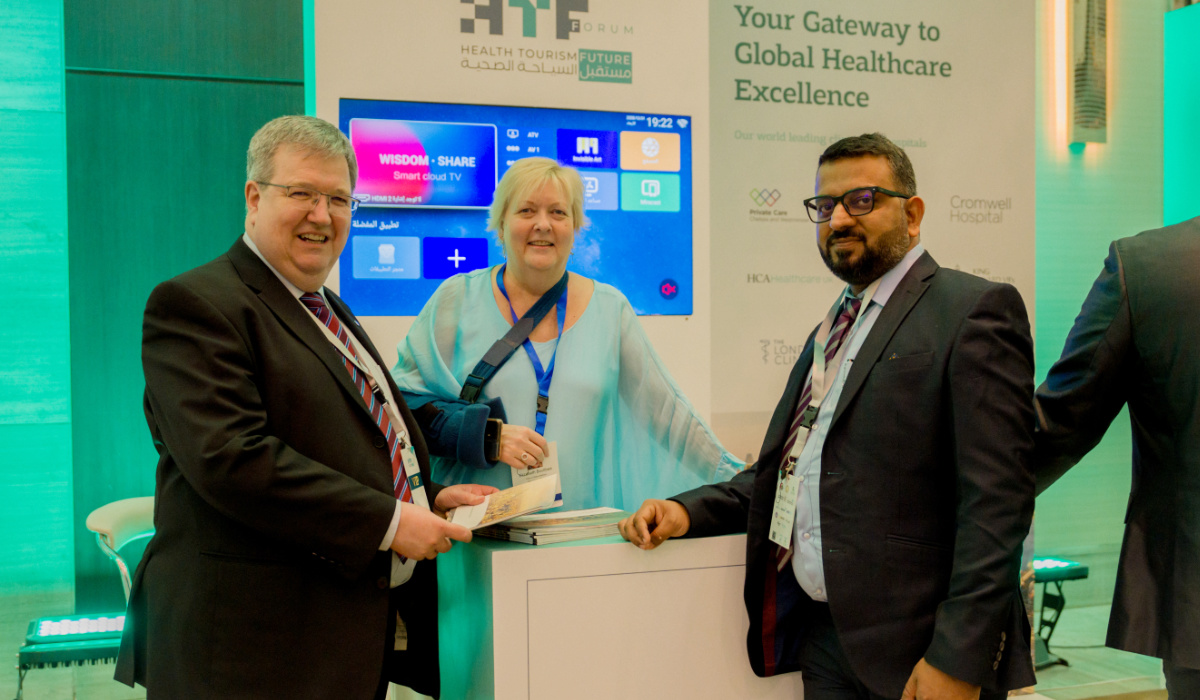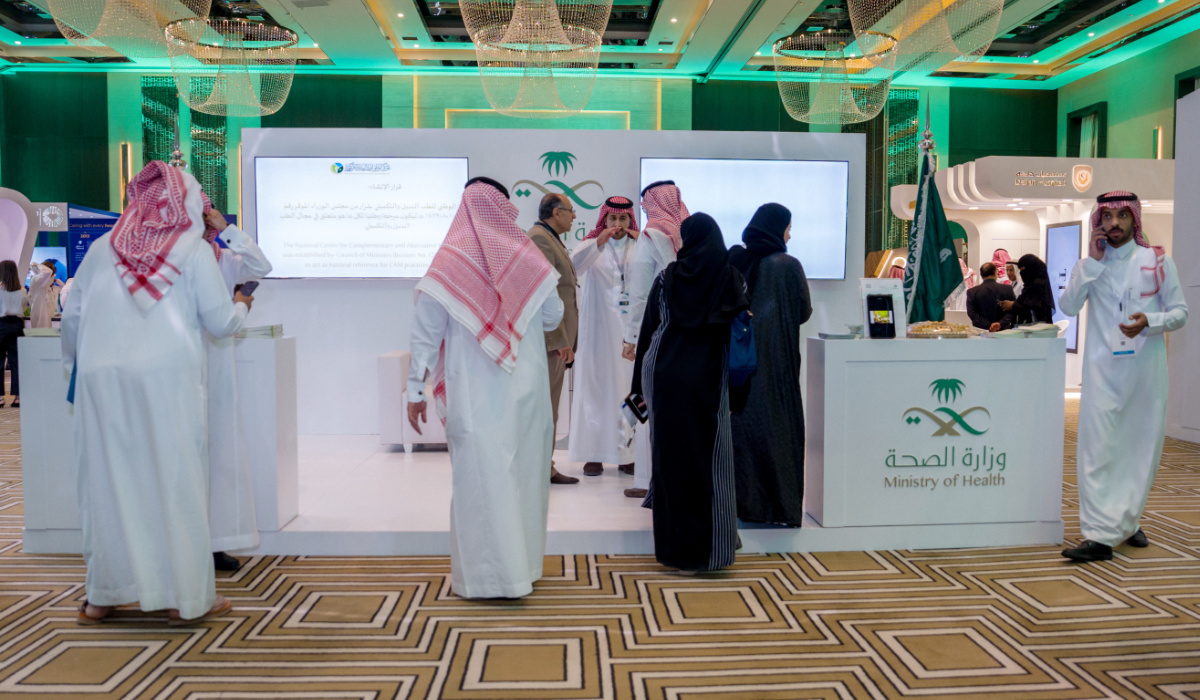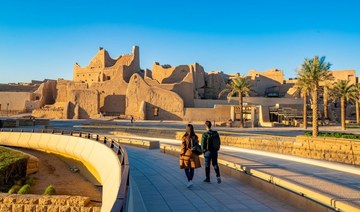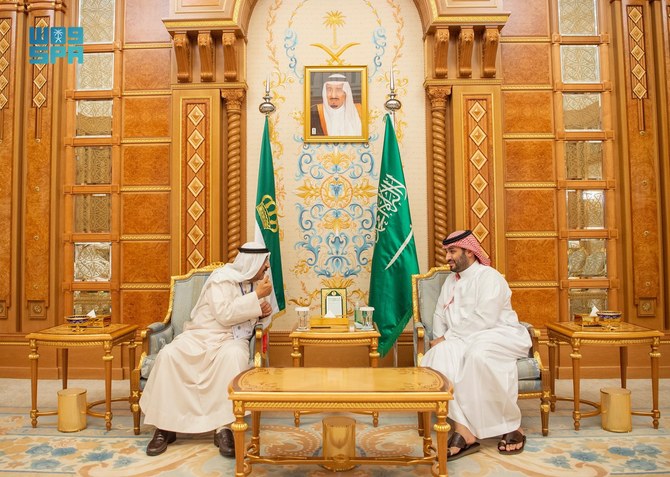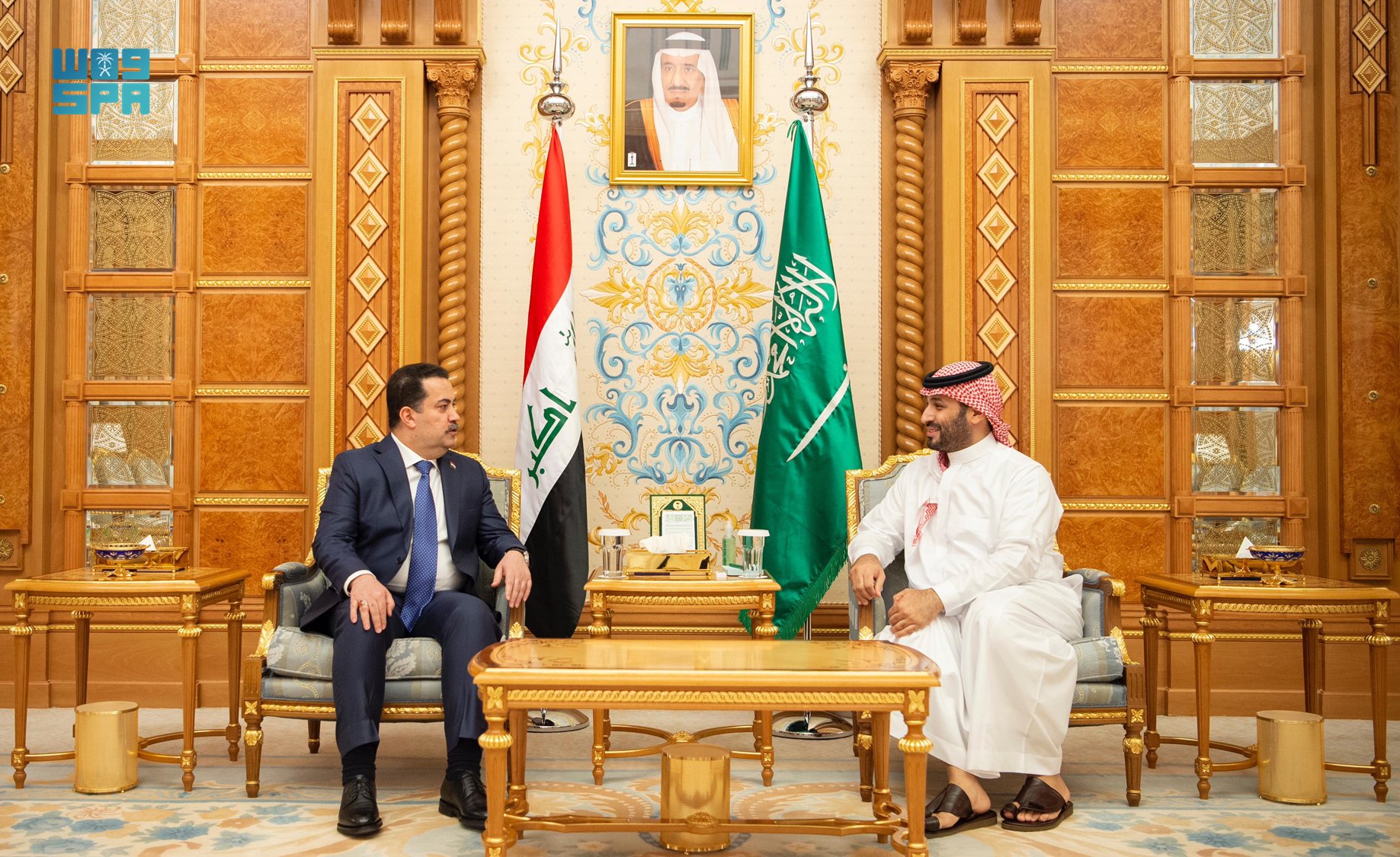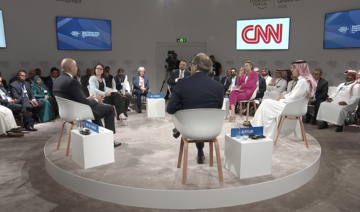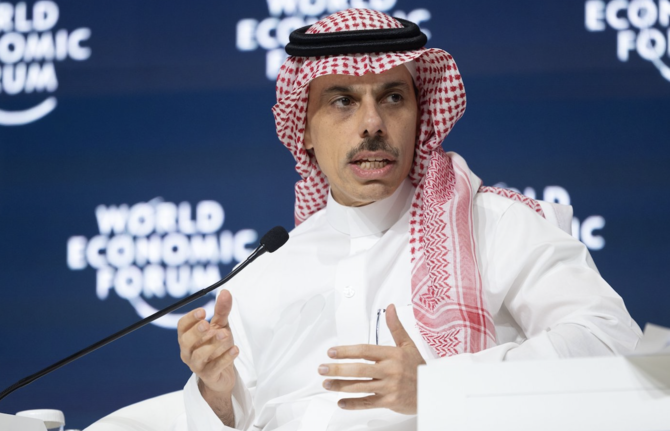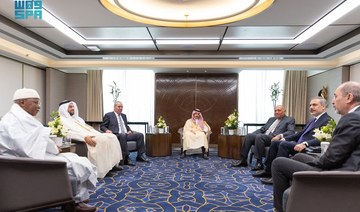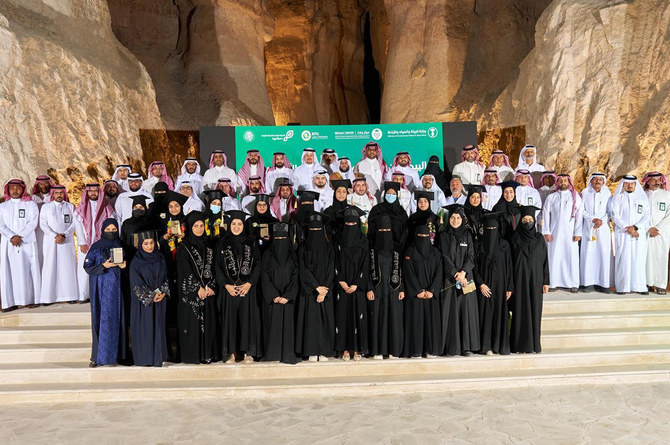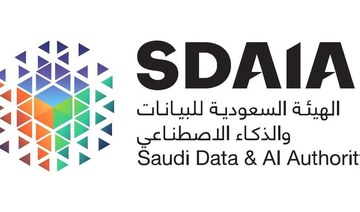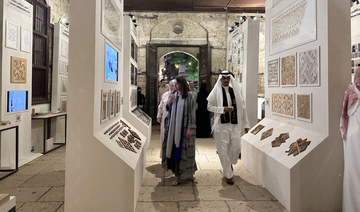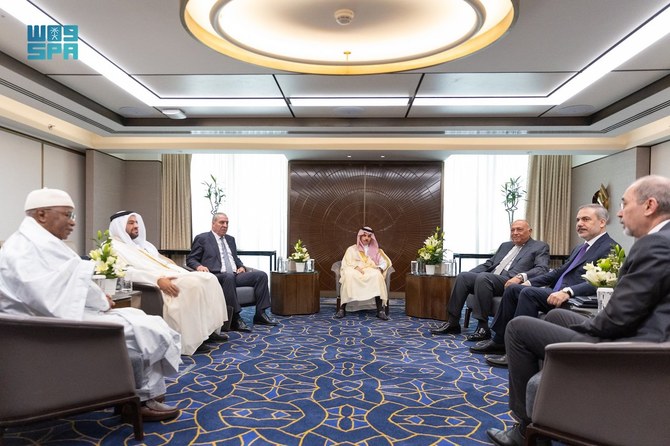It gives me great pleasure to greet all the people of India, living in the country and abroad, on the 74th Independence Day.
Aug. 15 fills us with the excitement of unfurling the tricolor, taking part in celebrations and listening to patriotic songs. On this day, the youth of India should feel the special pride of being citizens of a free nation. We gratefully remember our freedom fighters and martyrs whose sacrifices have enabled us to live in an independent nation.
The ethos of our freedom struggle forms the foundation of modern India. Our visionary leaders brought together a diversity of world views to forge a common national spirit. Their thoughts and actions shaped the identity of India as a modern nation.
We are fortunate that Mahatma Gandhi became the guiding light of our freedom movement. As much a saint as a political leader, he was a phenomenon that could have happened only in India. Troubled by social strife, economic problems, and climate change, the world seeks relief in his teachings. His quest for equality and justice is the mantra for our republic. I am glad to see the younger generations rediscover Mahatma Gandhi.
The celebrations of Independence Day this year will be rather restrained. The reason is obvious. The whole world confronts a deadly virus which has disrupted all activities and taken a huge toll. It has altered the world we lived in before the pandemic.
It is very reassuring to note that the central government, while anticipating the tremendous challenge, responded effectively and well in time. For a country so vast and diverse with high population density, meeting this challenge requires superhuman efforts. All state governments took measures in accordance with local circumstances. People also supported wholeheartedly. With our committed efforts, we have succeeded in containing the magnitude of the pandemic and saving a large number of lives.
The nation is indebted to doctors, nurses and other health workers who have been continuously on the forefront of our fight against this virus. Unfortunately, many of them have lost their lives battling the pandemic. They are our national heroes.
ALSO READ:
• Development projects in Srinagar improve people’s lives
• A transformational reform of India’s education sector
The poor and daily wage earners are the worst hit by the pandemic. In order to support them through this phase of crisis, virus containment efforts have been supplemented by welfare interventions. By introducing “Pradhan Mantri Garib Kalyan Yojana,” the government has enabled millions of people to earn their livelihood, and mitigate the impact of job loss, dislocation and disruption caused by the pandemic. The government continues to extend its helping hand through a number of initiatives, supported wholeheartedly by the corporate sector, civil society and citizens.
Committed to taking care of our people stranded anywhere in the world, the government has brought back more than one million Indians under the Vande Bharat Mission. Indian Railways has been operating train services, in these challenging circumstances, to facilitate travel and transportation of people and goods.
Confident of our strengths, we reached out to help other countries in their fight against coronavirus disease (COVID-19). In responding to calls from countries for supply of medicines, India has once again shown that it stands by the global community in times of distress. We have been at the forefront in evolving regional and global strategies for an effective response to the pandemic. The overwhelming support India got at the elections for the nonpermanent seat of the UN Security Council is a testimony to the goodwill we enjoy internationally.
It has been the tradition of India that we do not just live for ourselves, but work for the well-being of the entire world. India’s self-reliance means being self-sufficient without alienating or creating distance from the world.
Opinion
This section contains relevant reference points, placed in (Opinion field)
The world now realizes what our sages had said long ago: The global community is but one family. However, even while the world community needs to fight together against the greatest challenge before humanity, some in our neighborhood tried to carry out their misadventure of expansion. Our brave soldiers laid down their lives defending our borders. The entire nation salutes the martyrs of Galwan Valley. Every Indian feels grateful to their family members. Their bravery in combat has demonstrated that while we believe in peace, we are also capable of giving a befitting response to any attempt of aggression. We are proud of the members of our armed forces, paramilitary forces and police personnel who protect the borders, and ensure our internal security.
When India won freedom, many predicted that our experiment with democracy would not last long. They saw our ancient traditions and rich diversity as hurdles in democratization of our polity. But we have always nurtured them as our strengths that make the largest democracy in the world so vibrant. India has to continue playing its leading role for the betterment of humanity.
We have a lot to offer to the global community, especially for intellectual and spiritual enrichment and promotion of world peace. With this spirit, I offer a prayer for the well-being of one and all:
May all be happy,
May all be free from illness,
May all see what is auspicious,
May no one come to grief.
The message of this prayer for universal well-being is India’s unique gift to humanity.
Thank you,
Jai Hind!
• Ram Nath Kovind, the writer, is the president of India




